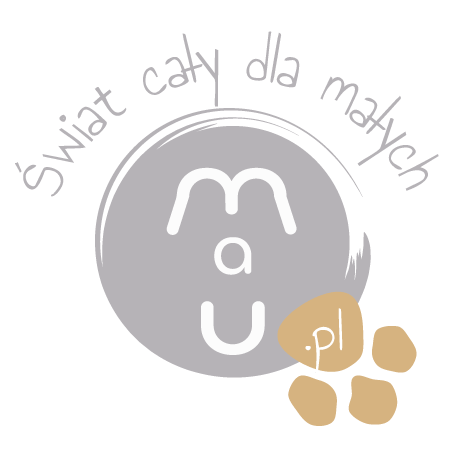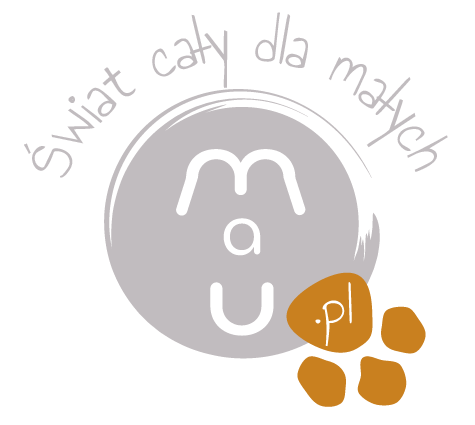Threatened egotism was listed as a factor that motivated increased alcohol use. They meticulously evaluate and review all medical content before publication to ensure it is medically accurate and aligned with current discussions and research developments in mental health. A 2019 study looked at the link between narcissism and alcohol consumption in a questionnaire of 345 college students. Both grandiose and vulnerable narcissism were predictors of alcohol consumption and alcohol-related problems. Alcoholism, or alcohol use disorder (AUD), is an addictive disorder where people cannot control or stop their use of alcohol. People with AUD may be unable to reduce or stop drinking despite experiencing the negative effects of alcohol or a desire to quit.
- Drinking alcohol may be a way for them to project a carefree and fun-loving image, further bolstering their grandiose self-image.
- Both AUD and NPD have distinctive symptoms and features that occur independently of each other.
- When AUD and NPD occur together, it can increase a person’s hostility and aggression.
Crazy Narcissist: Recognizing and Dealing with Extreme Narcissistic Behavior
Group therapy provides a supportive environment where individuals can share experiences and gain insights from others facing similar challenges. While some behaviors of an alcoholic may appear to be narcissistic, that doesn’t mean the disorder exists. However, due to the dependence on the substance, alcoholics may develop narcissistic tendencies as alcohol controls much of their life.
If you think you have either or both conditions, it’s best to talk with a mental health professional for a diagnosis. Therefore, simultaneous treatment of alcoholism and narcissistic personality disorder is essential. If only one condition is treated, the person’s chances of relapse will increase.
Take Action for Recovery and Better Health
As a result of self-centeredness and denial, alcoholics can behave in manipulative ways. Like narcissists, they may threaten harm to themselves or others if they don’t get what they want. They may pretend to be nice for a short while to get other people to leave them alone.
Alcohol can provide a temporary sense of being cared for or admired, which is particularly appealing to individuals with an underlying sense of emotional deprivation. They tend to display more passive-aggressive behaviors, self-pity, and a victim mentality. Grandiose narcissists have an inflated sense of self, an unshakeable belief in their own superiority, and a lack of empathy for those around them. We talk loudly, interrupt people, and generally behave as if no one else’s feelings matter. You’ve joined your colleagues for a drink after work, and as the night progresses, your narcissistic boss’s behavior becomes increasingly intolerable.
Understanding the Connection Between Narcissism and Alcoholism
She’s passionate about empowering readers to take care of their mental and physical health through science-based, empathetically delivered information. With both conditions, the benefits of therapy depend on your willingness are narcissists alcoholics to work on yourself. If your alcohol use is severe, you’ll likely need to go to an inpatient facility so that you can safely withdraw from alcohol.
- It’s possible to have a narcissistic personality disorder (NPD) as well as an alcohol use disorder (AUD).
- In order to get a diagnosis of AUD, you have to fit certain diagnostic criteria as set out in the Diagnostic and Statistical Manual of Mental Disorders, 5th edition, Text Revision (DSM-5-TR).
- The relationship between narcissism and alcoholism presents unique and complex challenges, and when these disorders coexist — expect the challenges to multiply.
A narcissistic alcoholic is someone who either possesses narcissistic traits due to their alcoholism or is someone who has NPD and drinks alcohol because of their disorder. Family therapy sessions can help address underlying family dynamics that may contribute to both NPD and AUD. Educating family members about these disorders can also foster a supportive home environment, which is essential for long-term recovery. The intersection of narcissism and alcoholism can have severe impacts on both the individual and their relationships. Understanding these consequences is crucial for recognizing the importance of comprehensive treatment.
NPD diagnosis
Whether you’re struggling with these issues yourself or know someone who is, remember that behind the grandiose facade and the bottle lies a human being in pain. Understanding the complexities of alcohol and narcissistic personality disorder is the first step towards compassion and healing. Based on existing research, we can’t say that alcoholism causes a personality disorder like narcissism. Personality disorders usually start when someone is a teenager or young adult. However, alcoholism does increase narcissistic behaviors and tendencies. Even when an alcoholic doesn’t have a full diagnosis of NPD, they act in ways that are similar to a narcissist.
They will also deny when they had a drink or that their drinking has unhealthy consequences. Additionally, many alcoholics will lie about how many drinks they had or when they had their last drink. Drinking alcohol numbs emotions, making it easier to avoid these negative feelings. Alcoholics believe that drinking comes first, even at the expense of the needs of their loved ones. Their need to drink alcohol often negatively affects their relationships, as they put their drinking before others’ feelings. Narcissism is a personality trait expressed as selfishness, an extreme sense of entitlement, attention seeking, and a lack of empathy.
They may exploit others without guilt or shame, believing they are superior and entitled to special treatment. Similarly, alcoholics avoid reflecting on their insecurities and lack of self-esteem by drinking. They avoid their inner feelings and thoughts by drinking excessive amounts of alcohol. Alcoholics crave alcohol, while narcissists crave attention and the feeling of superiority. During conversations, they don’t seem to process what other people tell them. In some cases, they take money set aside for household expenses or their children’s education.
Addressing both conditions simultaneously through integrated treatment can lead to effective recovery and a healthier future. Little Creek Recovery provides specialized care to help you break the cycle of these co-occurring disorders. So, take the first step towards recovery today by reaching out to us for a professional for support and guidance.
Preventive Measures and Healthy Coping Strategies
The experience of having nothing to do, and no one to impress, fills them with dread because it brings with it a risk of self-reflection. Alcohol helps the narcissist overcome their deep-seated insecurities and gain confidence, increasing the likelihood of them experiencing problems with alcohol later on. This shouldn’t come as a surprise when considering why people are driven to drink. For instance, they tend to demonstrate a lack of empathy and are prone to anger, irritability, and impulsivity outbursts. Grandiose narcissists are highly concerned with their self-image and how others perceive them.
Healthcare professionals may also use the Narcissistic Personality Inventory to diagnose narcissism. The intersection of narcissism and alcoholism presents unique and complex challenges. Understanding the dynamics between these conditions is essential for recognizing the struggles faced by individuals and their loved ones. With the right support, treatment, and commitment to recovery, it is possible to break free from the cycle of narcissism and alcoholism and build healthier, more fulfilling lives. As we close this chapter, let’s raise a (non-alcoholic) toast to empathy and understanding.





